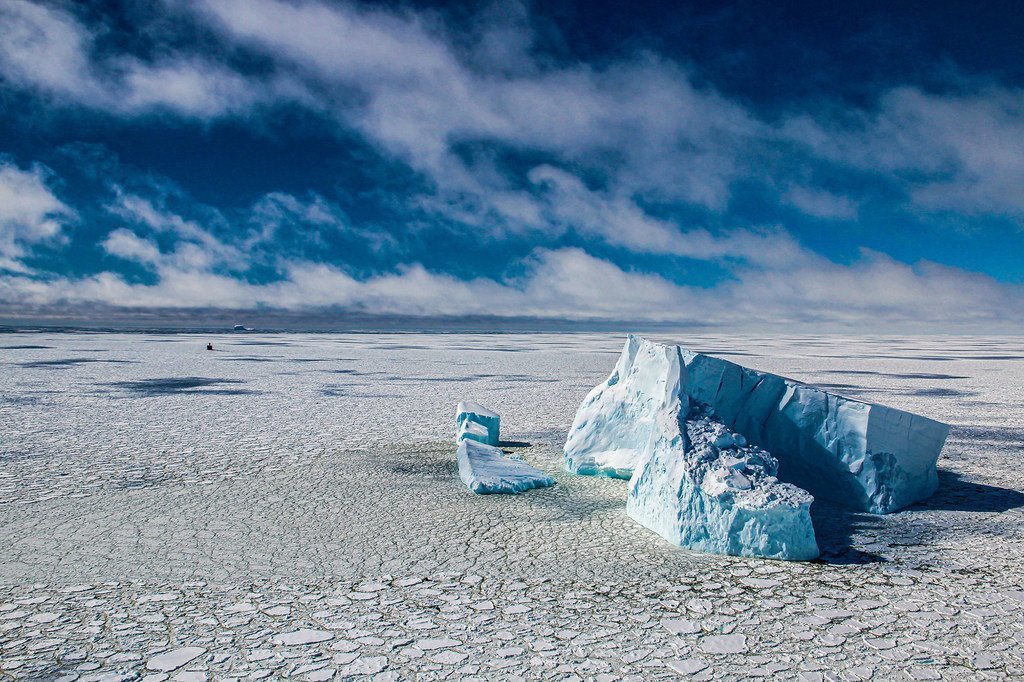
The annual report of the World Meteorological Organization (WMO) reveals that climate change continues to progress, leading to devastating consequences worldwide. In 2022, droughts, floods, and heatwaves affected communities on every continent, causing significant human and economic losses. Additionally, the Antarctic sea ice reached historically low levels, while the melting of European glaciers was dramatic.
The report highlights that the years 2015-2022 were the eight hottest ever recorded, despite the temporary cooling effect of the La Niña episode. Glacier melting and sea level rise, which reached record levels in 2022, will continue for thousands of years.
WMO Secretary-General Petteri Taalas warns about the growing impacts of climate change. People around the world are facing extreme weather and climate events, such as persistent droughts in East Africa, record rainfall in Pakistan, and heatwaves in China and Europe. These events have resulted in food insecurity, mass migrations, and significant economic losses.
The report also emphasizes the increase in undernourishment, exacerbated by hydrometeorological risks, the COVID-19 pandemic, conflicts, and prolonged violence. Hazardous climate events have also triggered new population displacements and worsened the living conditions of millions of already displaced individuals.
The report also focuses on the impact of climate change on ecosystems and the environment. Recurring natural events, such as tree flowering and bird migration, are disrupted by climate change.
To address these challenges, the WMO emphasizes the importance of strengthening early warning systems. The United Nations’ “Early Warning for All” initiative aims to address the capacity gap in early warning services to ensure the protection of every individual. Currently, around a hundred countries lack adequate meteorological services.
The WMO report was released in preparation for Earth Day 2023, highlighting the need for urgent climate action. United Nations Secretary-General António Guterres calls for intensifying efforts to reduce greenhouse gas emissions and limit the global temperature increase to 1.5°C. He also emphasizes the need for massive investments in adaptation and resilience, particularly for the most vulnerable communities and countries, which have contributed the least to this crisis, according to the UN chief.




